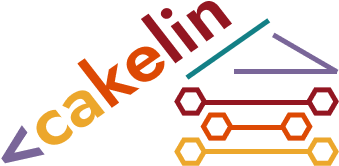Pandemic Isolation and Solitary Confinement
Can we find connection without comparison?
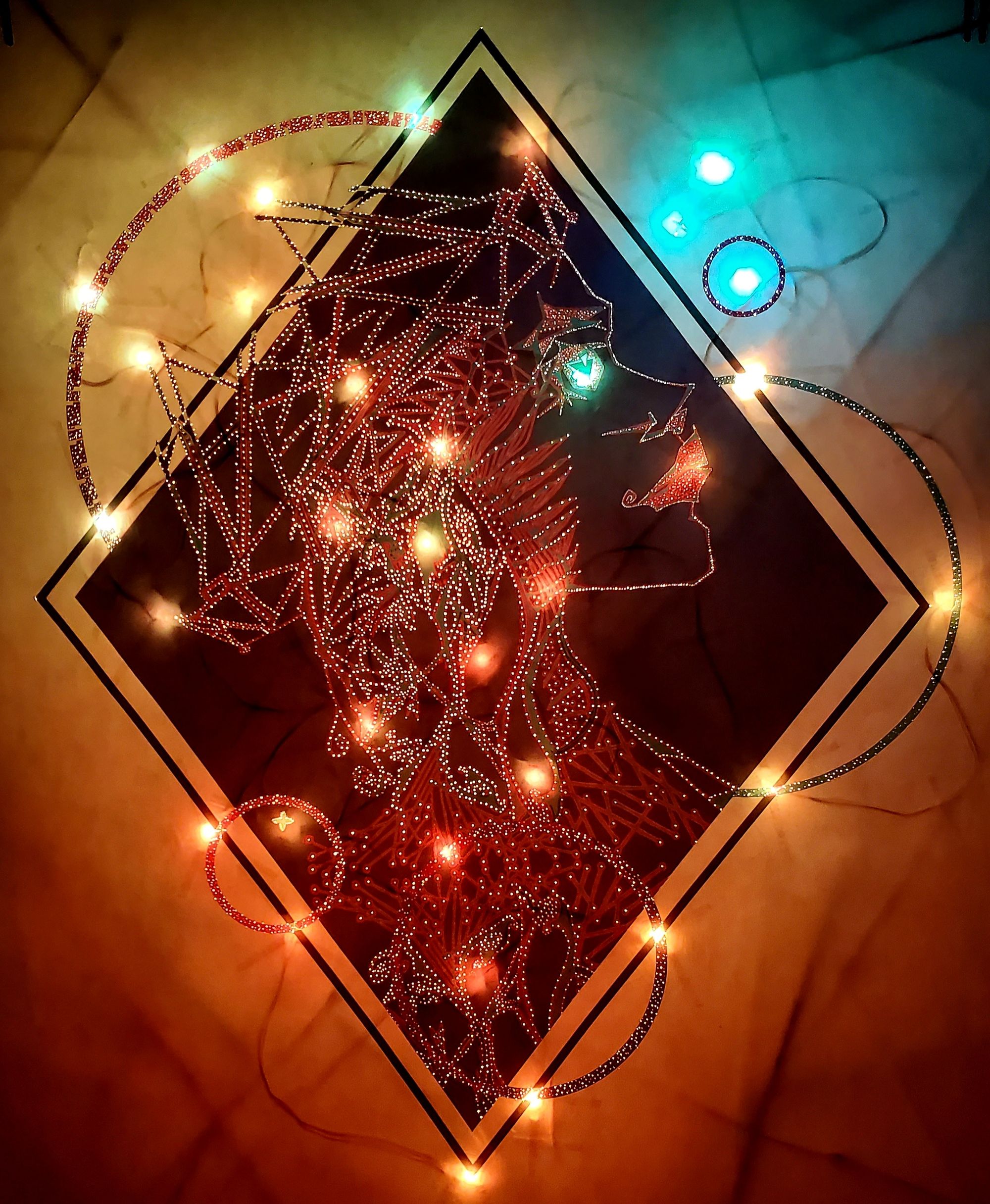
@thecakelin Replying to @misfitdolly video not directed at comment/commenter. Solitary confinement is a uniquely brutal experience. As a white person who hasn't experienced incarceration or institutionalization, I won't use that term when speaking about isolation from the pandemic. I think we have to be careful to not use terms that other severely oppressed people need to describe their unique experiences. vd: white nonbinary person with short red hair in pony, glasses, and cutoff black t shirt
♬ original sound - Cakelin Fable
I made a few intentional choices in this video.
Before I share them I want to remind people there's no right way to do things. We misunderstand evolution when we say "survival of the fittest". Evolution is about many ways to do the same thing (survive), not the best way. Or we would only have one super-species. I hope nobody wants that for humanity.
We all have this intention-action gap, where we struggle to follow through on our best intentions. This is so human. Mistakes are human and I will make them.
I am speaking out of my depth of experience, so I took a pause for a few days and drafted the video. There's no rush. It takes the time it takes.
I led with humanity. I didn't share Anthony Ray Hinton's race but you could guess it from the story. Psychological research is flawed, but some studies have shown stories can decrease bias when you share the oppressed identity at the end. They can increase bias when you lead with it.
Similarly, I try to avoid heavy language. Like jargon, which is kinda silly because jargon itself feels like a rarely used word. I'm a former academic and I also grew up rural and working class. People don't respond well when they feel like they can't understand or that they are being talked down to. This is one of my biggest issues with the left.
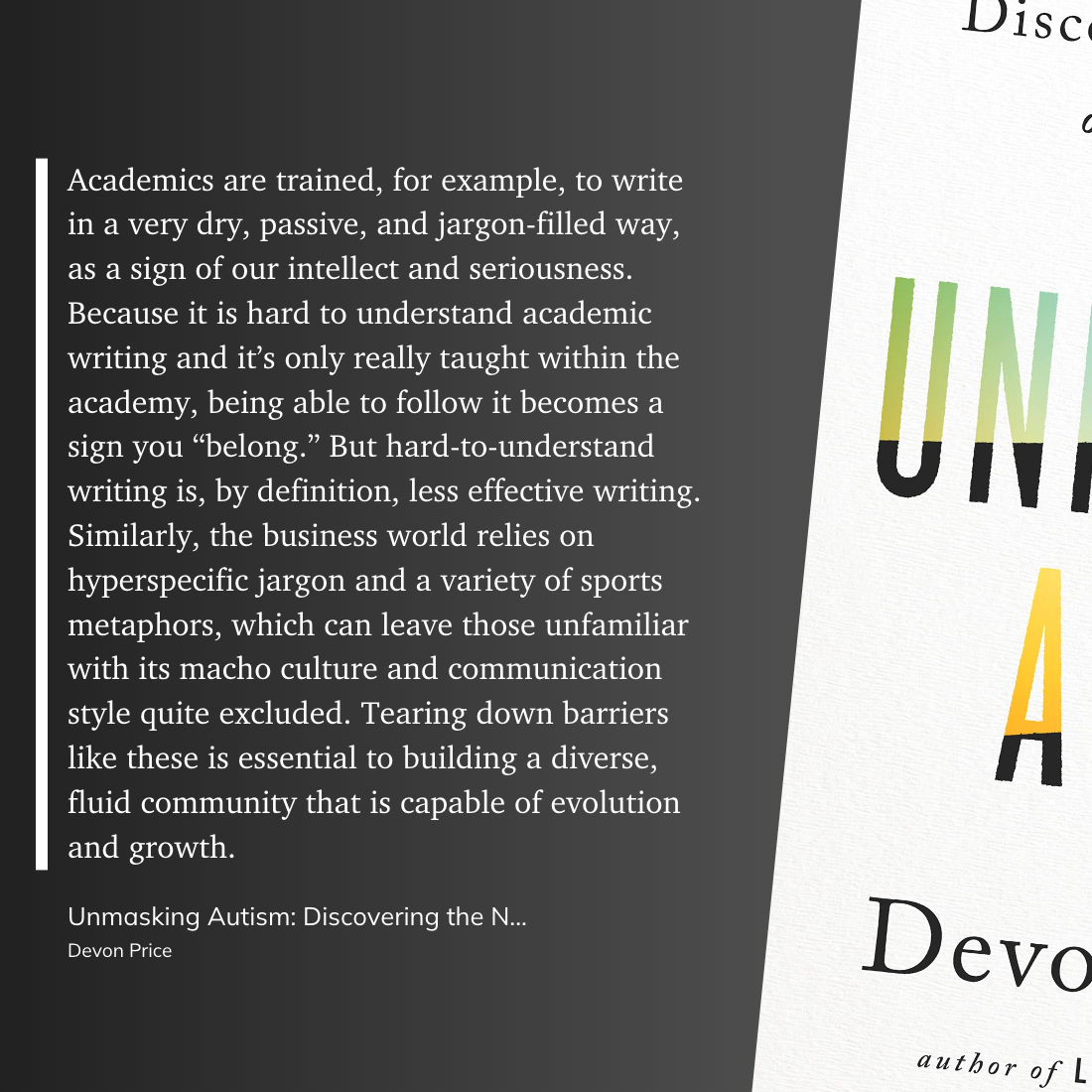
I use a lot of words that center choice or I directly ask questions. My sankalpa or life intention is "I am a question".
I am trying to build my capacity for potentially looking worse but doing better. It feels good as a white person to call yourself an ally or to lead with pointing out white supremacy in others. You can feel right. And being right is comfortable. Being uncomfortable is an invitation.
I felt uncomfortable making that video about solitary confinement, because I did not lead with anti-racism. I was worried people would misunderstand my intentions. I can work with that discomfort.
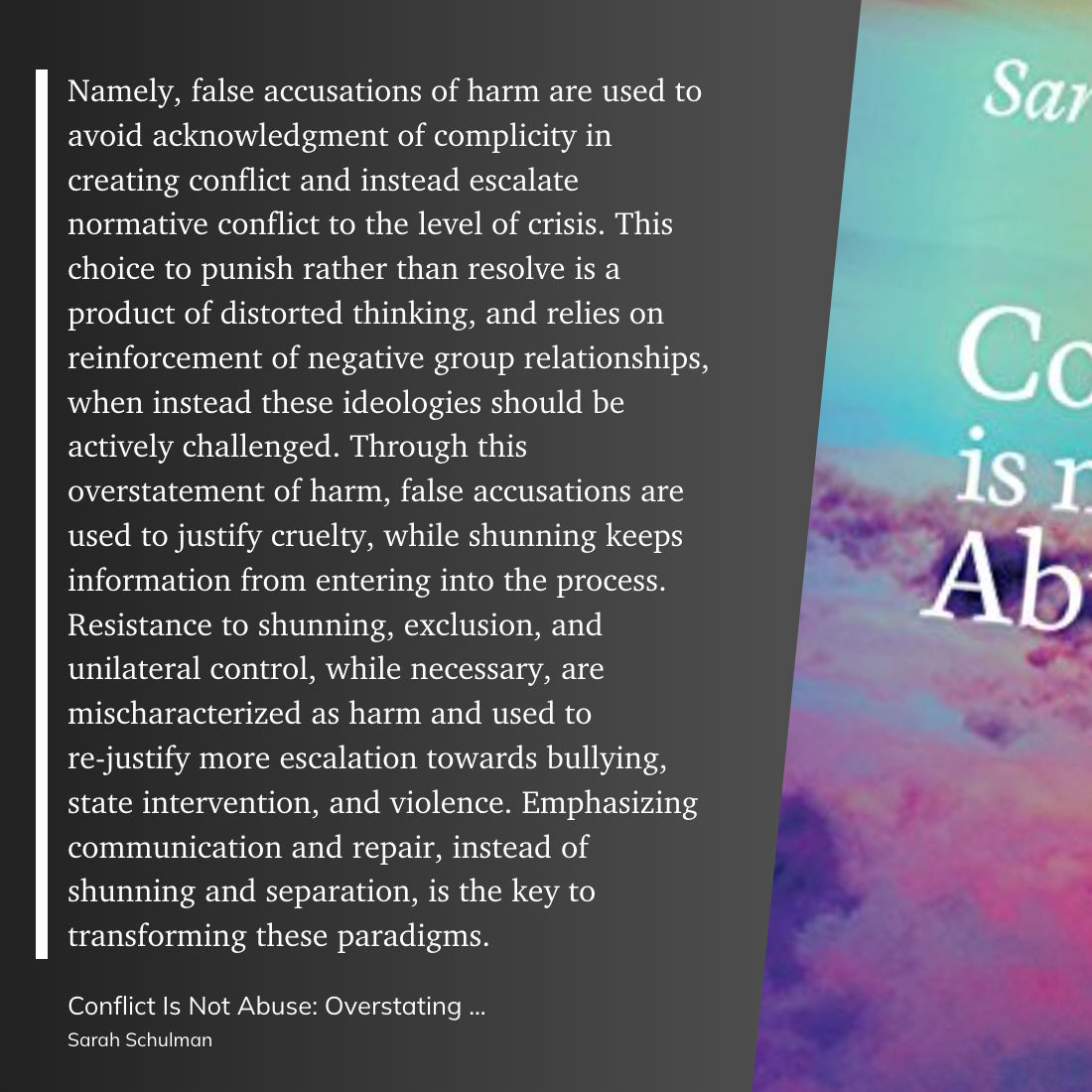
I don't think most white leftists or white anti-racists are ready to discuss how we use anti-racism to shame and shun other white people instead of doing the work together. Sometimes we overstate harm so we can feel more protective or victimized. This is existing on the drama triangle of rescuer/savior, perpetrator or victim. We cling to victim and rescuer so we can avoid ever seeing ourselves as perpetrators of harm. Casting ourselves in these roles limits everyone's agency. It keeps us stuck.
Part of feeling uncomfortable is identity. I'm not an ally or an accomplice. I don't use identity labels like ACAB or BLM. I call myself white in my profile. It's a shared responsibility for white people to do better and to help each other do better. So I claim whiteness overall. I think terms like abolitionist need to be continually earned through action.
In most situations I do not think Black, Indigenous and other people of color need me to lead with protection and violence. They don't need me to "help" them. It is better to work on or with other white people and white systems.
Similarly, I don't share details about solitary confinement to show how different it is from pandemic isolation. Because that is not my trauma or story to tell.
One of my theories is that pointing out deeper patterns to people would help them drop defensiveness and become curious about why we act and think the way we do. That's why I am making diagrams about cognition and exploring stories.
I'm trying to do this without ignoring context, so I am using different kinds of stories for the same concept. I also use my personal affirmations within videos like this because context helps affirmations take root.
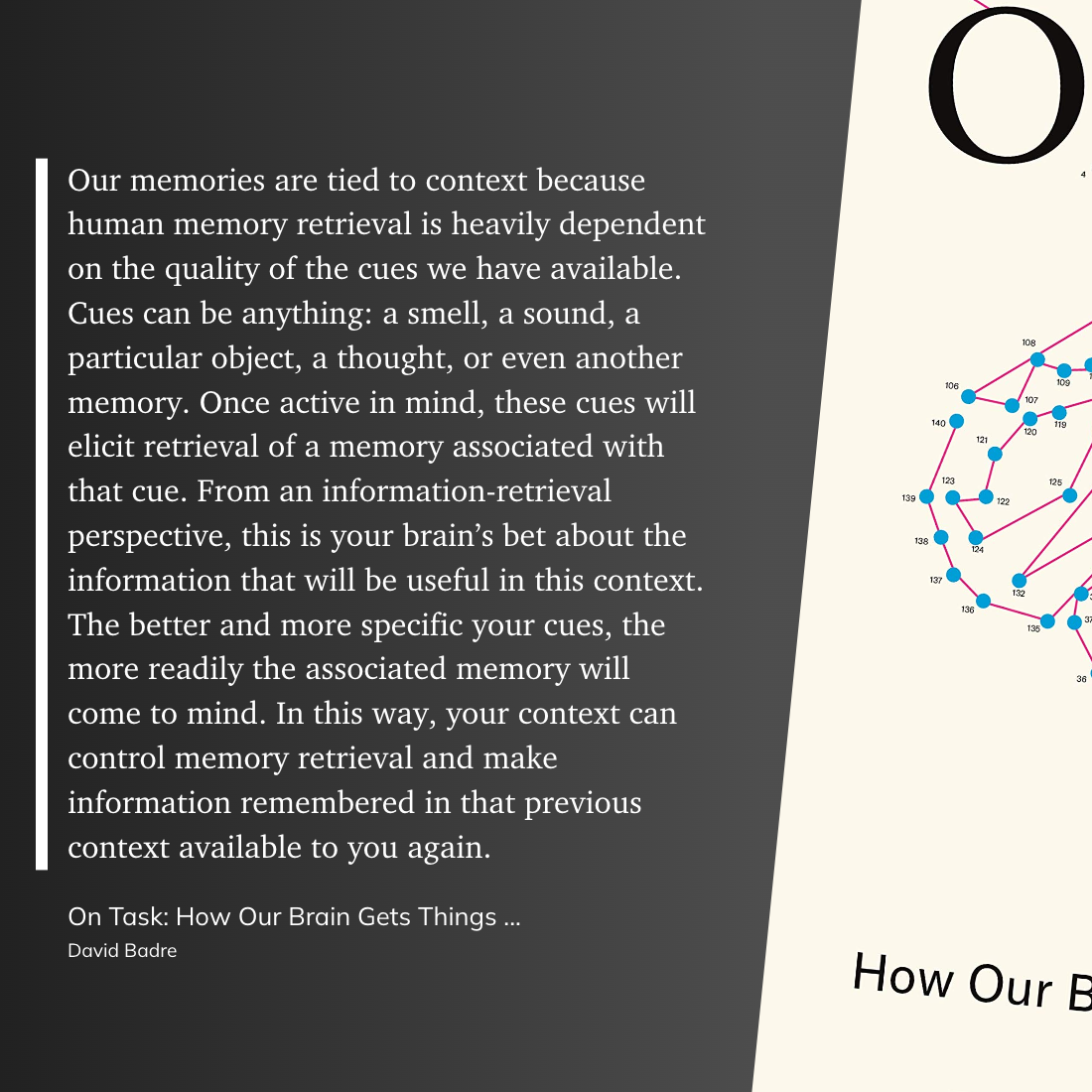
Most recently I talked about mental predictions in the context of covid, if you have experienced health issues. A lot of people can relate to that and disability and chronic illness are lived experience for me. But the underlying concepts still apply to other forms of difference and division, like racism.
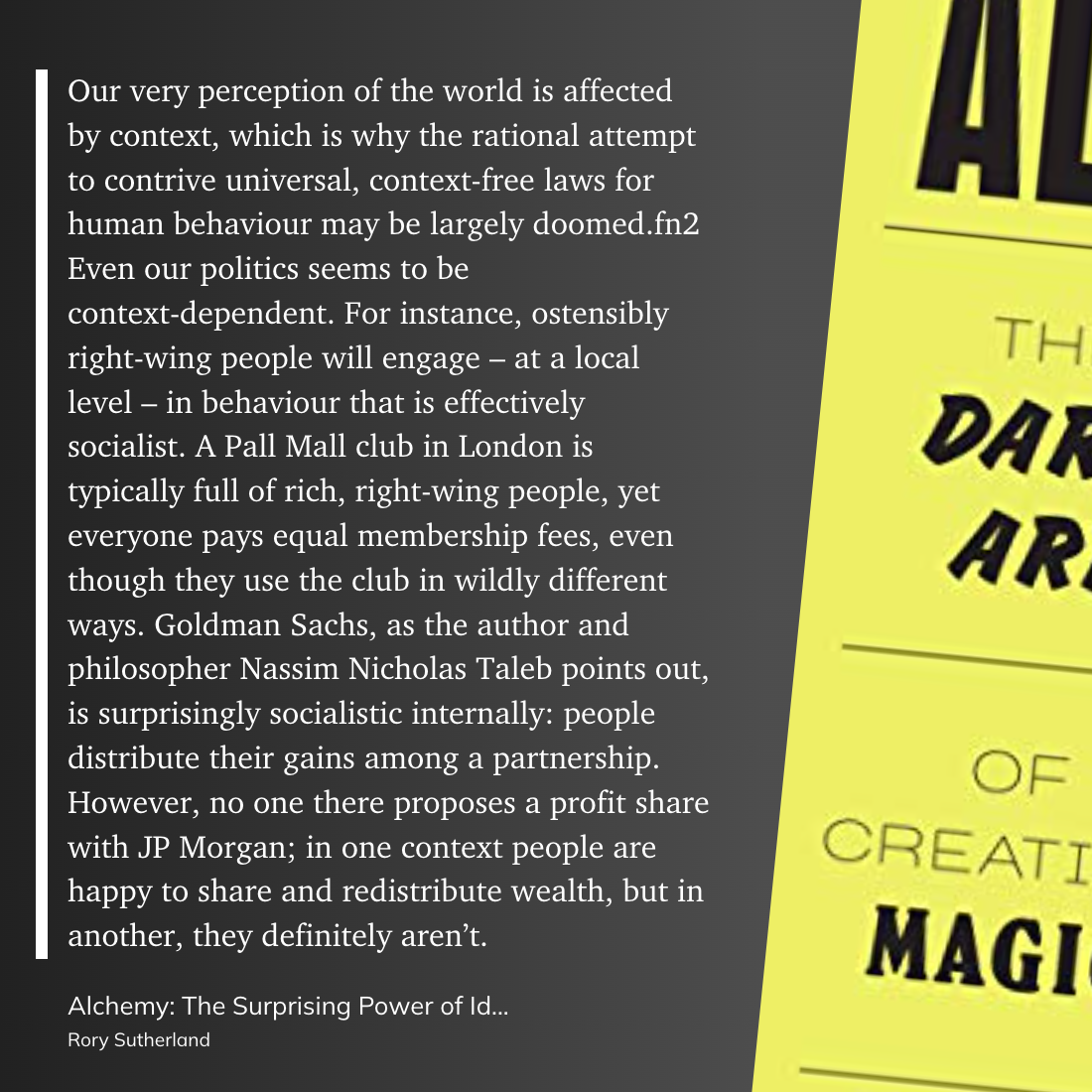
There is some research that shows this indirect approach can also decrease bias, most notably with sci-fi and fantasy.
This video shares a lot of white supremacy characteristics, but it doesn't label them that way. How many can you count if you watch the video again?
I am going for cognitive or mental flexibility. The ability to take in multiple perspectives. I do that at the end of the video, when I mention immunocompromised people being isolated and when we judge others for getting covid because they didn't take precautions. Those aren't equivalent, it's just a perspective shift for different ways we judge each other. That's the common thread I talk about finding.
This has a term, integrative complexity. Again I don't lead with that.
This is why I am openly analyzing my own video. Because we often don't know our own intentions or reasons until afterwards. A practice is just a collection of moments where we try something, it does not have to rule you. And I can see how my practice and exploration from the past few years shows up here.
You might think this strategy is manipulative. I view it as a choice people are making to be influenced. We are currently being manipulated far more by algorithms and systems that profit off our division and hostility.
We need to take that power back.
